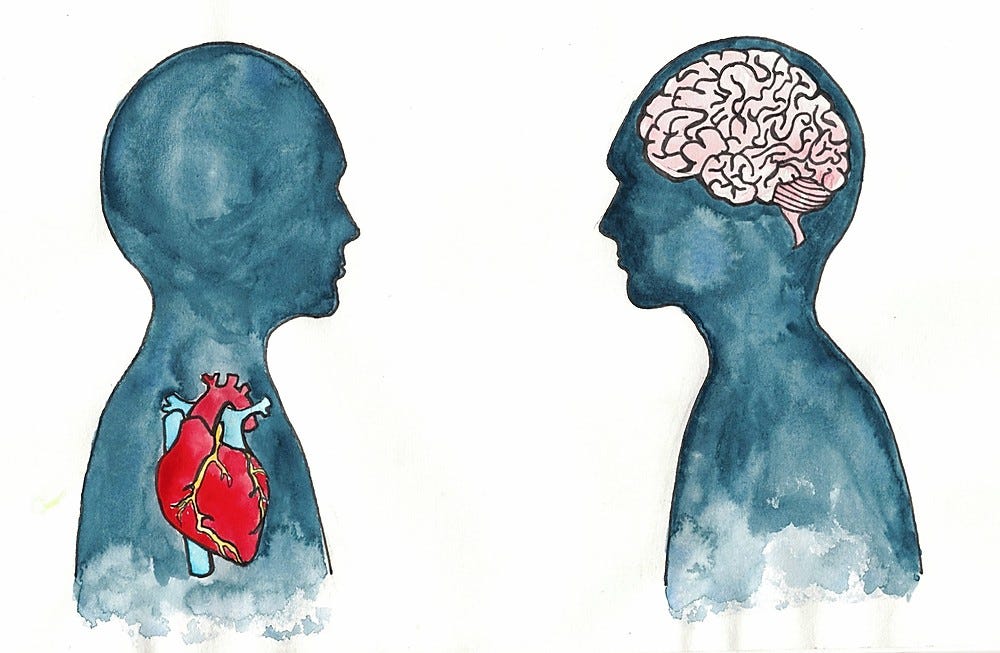Physical and mental health are deeply interconnected, influencing each other in many ways. While many view these aspects of well-being as separate, they work together to create overall health.
One of the most evident connections is the impact of physical activity on mental health. Exercise releases endorphins, or "feel-good hormones", that help reduce stress, improve mood, and combat anxiety and depression. Simple activities like walking or stretching can significantly boost mental wellness.
In contrast, mental health can also affect physical health. For example, chronic stress can lead to issues such as high blood pressure, weakened immunity, and even heart disease. Conditions like anxiety and depression often manifest physically, causing fatigue, headaches, and digestive problems. When mental health suffers, it can become harder to maintain physical health, such as regular exercise, balanced nutrition, and adequate sleep.
Sleep, in particular, is a significant link between physical and mental health. Poor sleep quality or lack of sleep can worsen mental health issues, while conditions like anxiety often interrupt sleep patterns, creating a vicious cycle that impacts overall health.
Additionally, nutrition plays a crucial role. Diets rich in whole foods, such as fruits, vegetables, lean proteins, and healthy fats, can enhance brain function and mood. On the other hand, excessive consumption of processed foods or sugar has been linked to increased feelings of depression and anxiety.
By nurturing both body and mind, greater balance, resilience, and vitality can be achieved. Small steps, like staying active, eating nourishing meals, and prioritizing self-care, can go a long way in supporting this essential link.
SOURCES:
https://www.mentalhealth.org.uk/explore-mental-health/a-z-topics/physical-health-and-mental-health
Written by Aanya Deshpande from MEDILOQUY




